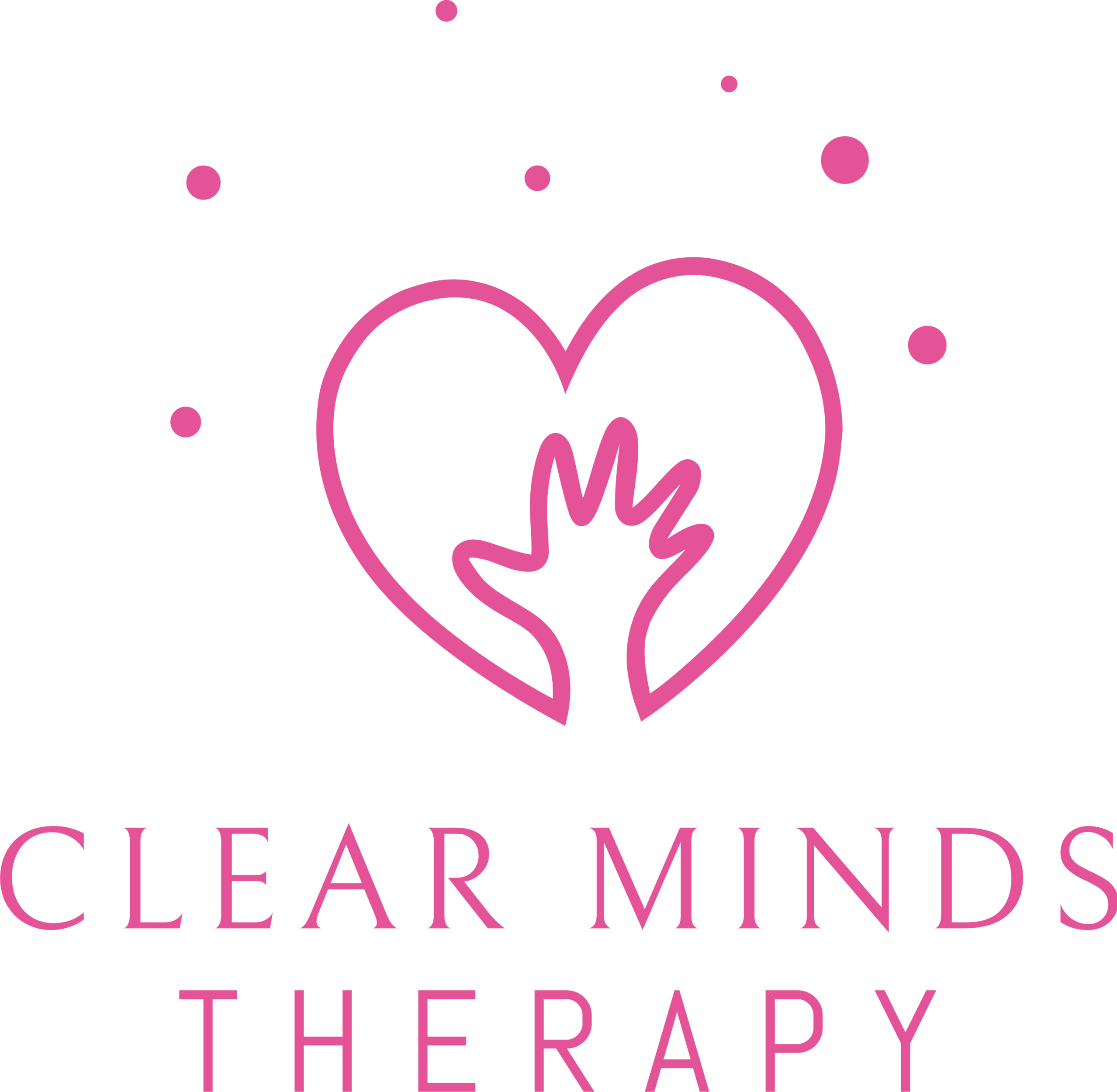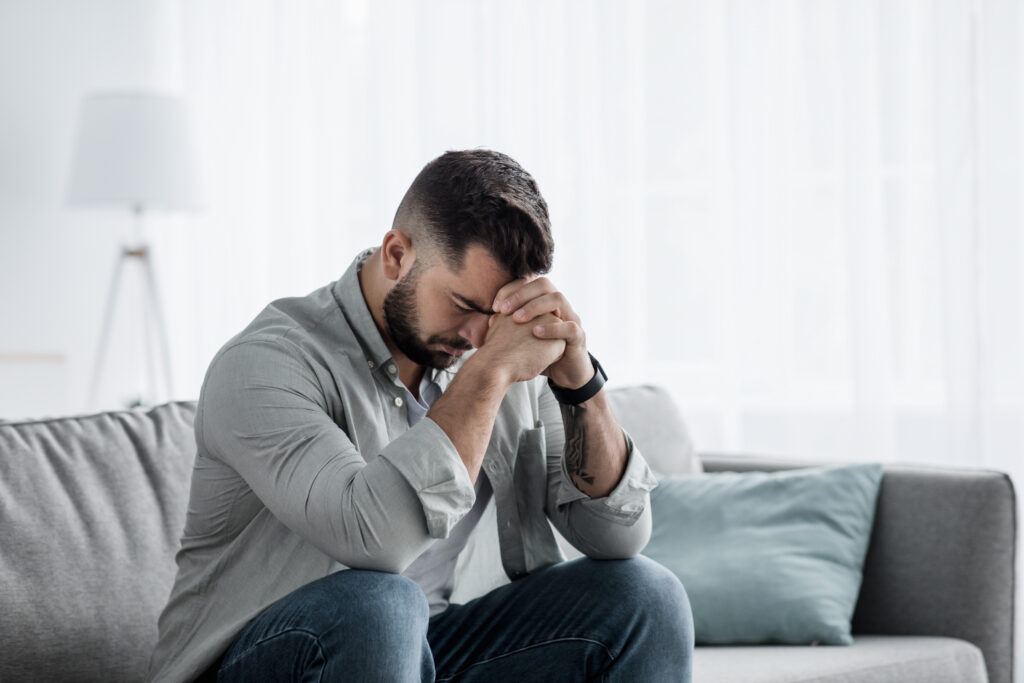For generations, men have been taught—often silently, sometimes explicitly—that to be strong means to be silent. That to be a “real man” is to suppress emotion, hold it together, and carry on without complaint. While these expectations may seem outdated, their influence remains deeply embedded in our culture and they are costing lives.
Mental health issues don’t discriminate by gender. Yet when it comes to seeking help, men are far less likely than women to speak up, ask for support, or access professional care. This isn’t because men don’t suffer. It’s because societal stigma, cultural conditioning, and outdated ideas of masculinity still act as powerful barriers to mental wellbeing.
The Reality of Men’s Mental Health
Globally, mental health statistics paint a concerning picture for men. In the UK, for example:
- Men are three times more likely than women to die by suicide.
- Suicide is the leading cause of death for men under 50.
- Men are less likely to access psychological therapies than women.
- Only 36% of NHS referrals to talking therapies are male.
These statistics don’t just reflect personal struggles. They reflect a broader, systemic issue, a culture where many men feel they must face their problems alone.
“Man Up”: The Message Behind the Mask
One of the most damaging aspects of stigma is how it teaches men to internalise distress. From a young age, boys are often praised for being tough and emotionally restrained, while expressions of fear, sadness, or vulnerability are discouraged or mocked.
Phrases like:
- “Be a man.”
- “Don’t be soft.”
- “Get over it.”
- “Real men don’t cry.”
…are more than just words. They send a clear message: if you’re struggling, keep it to yourself.
This conditioning creates a culture where men learn to mask depression as tiredness, disguise anxiety as anger, and see asking for help as a sign of failure or weakness.
What Stigma Looks Like in Everyday Life
Stigma isn’t always loud or obvious. Sometimes, it’s the quiet pause in a conversation when a man mentions therapy. It’s the nervous joke about “going crazy” after a sleepless night. It’s a colleague changing the subject when someone mentions burnout or anxiety.
These everyday reactions reinforce the belief that mental health is something to be ashamed of, especially for men.
Men in certain environments, such as the military, construction, finance, or elite sport, often experience even higher pressure to conform to stoic ideals. In these settings, showing emotion may be seen as a liability, even though mental resilience actually increases performance and wellbeing.
The Cost of Staying Silent
Unaddressed mental health issues can affect every part of a man’s life:
- Relationships may suffer due to withdrawal, irritability, or communication breakdowns.
- Work performance can drop due to poor concentration, stress, or burnout.
- Physical health can decline—chronic stress is linked to heart disease, high blood pressure, and immune problems.
- Substance misuse often becomes a coping mechanism, especially when healthier forms of emotional expression feel out of reach.
Most tragically, some men reach a point where suicide feels like the only option, often without ever having voiced their pain to anyone.
Changing the Narrative
The good news is: the tide is slowly turning.
Men’s mental health is gaining more attention thanks to campaigns like Movember, CALM (Campaign Against Living Miserably), Mind, and grassroots social media movements. Celebrities and athletes are increasingly speaking out about their struggles, helping to normalise conversations around men’s emotional wellbeing.
However, culture change takes time—and it starts with all of us.
So, how can we support men to open up and seek help?
- Challenge Stereotypes
Stop reinforcing the idea that emotional expression is unmanly. Whether you’re a parent, partner, coach, or friend—model emotional literacy. Let boys and men know it’s okay to feel and talk about it.
- Create Safe Spaces
Sometimes, men don’t speak up because they don’t feel safe or understood. Offer non-judgmental, confidential support. Avoid “fix-it” responses. Instead, say: “That sounds really hard. Do you want to talk about it?”
- Check In—And Mean It
Ask the men in your life how they’re really doing. Not just “you good?”—but “You’ve seemed quiet lately. Want to grab a coffee and talk?”
- Encourage Professional Support
Let men know that seeking therapy, counselling, or coaching is not a weakness—it’s an act of strength and self-respect. It’s the equivalent of going to the gym for your mind.
- Promote Peer Connection
Group support or talking with peers can be powerful. Men’s groups, mental health forums, or activities that combine conversation with sport or hobbies can help break down emotional walls.
If You’re a Man Reading This…
You don’t have to keep carrying it all on your own.
It’s okay to feel low. It’s okay to feel lost. And it’s more than okay to ask for help. You are not weak for struggling. You are not broken. You are human.
Talking might feel awkward at first. But it could change everything. Whether it’s a friend, a therapist, a coach, or a support line—take that first step.
Final Thoughts
Men’s mental health matters. Not just in crisis moments, but every day. For every man who’s been told to “man up,” we must start telling a new story—one that says:
Strength is speaking. Courage is crying. And real men feel.
If you or someone you know is struggling with mental health, support is available:
- UK: CALM | 0800 58 58 58
- Samaritans | Call 116 123
- Mind | Information and support

